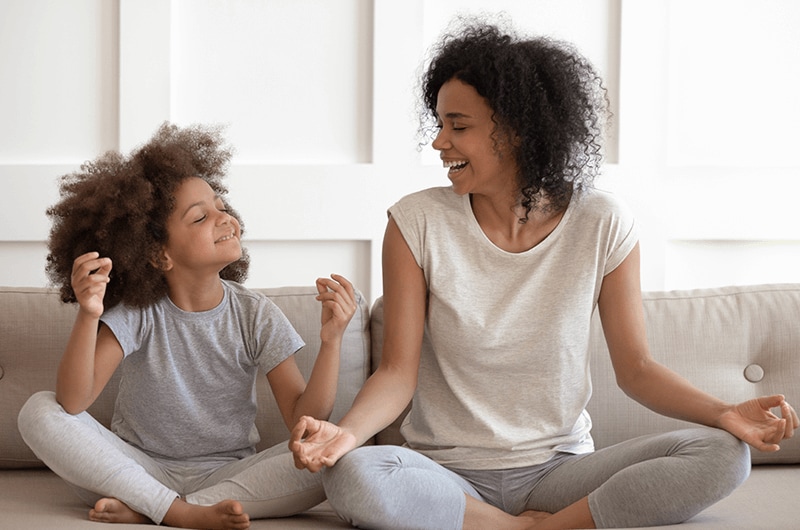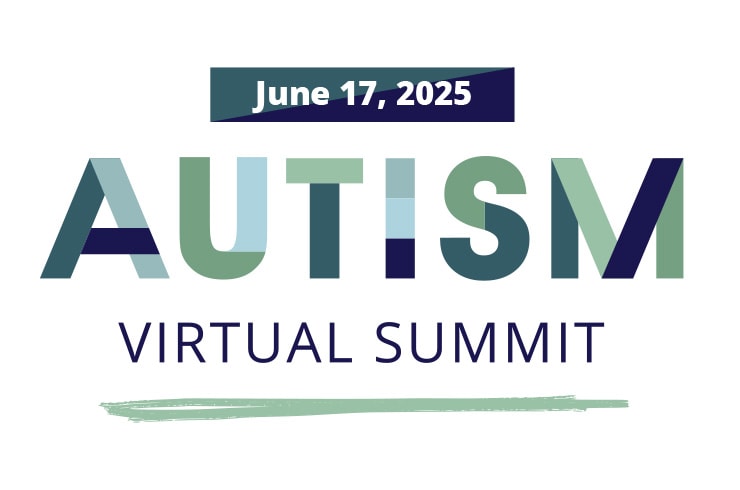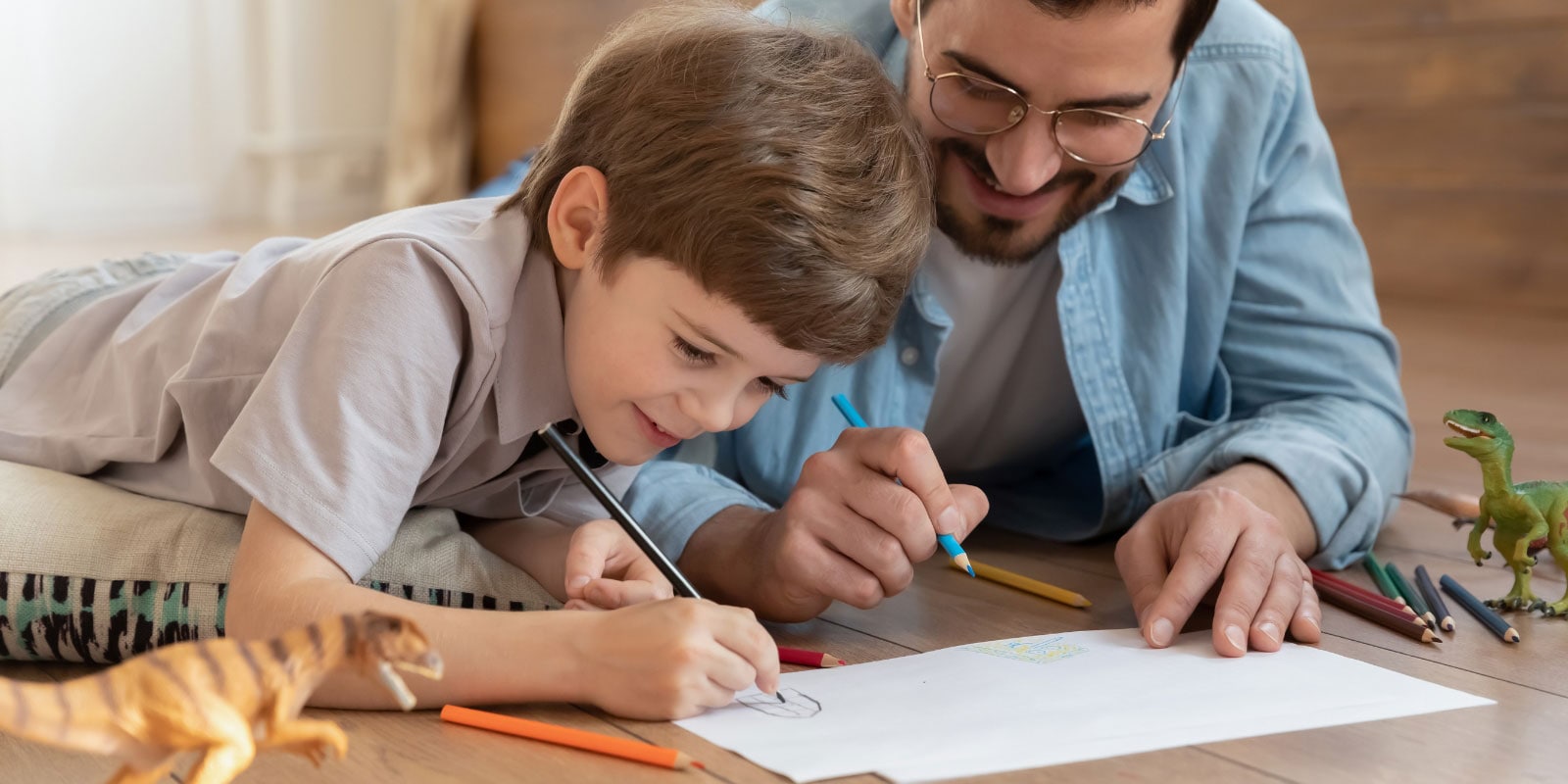In many ways, the kindergarten experience builds the foundation for a child’s future success in school and in life. Unfortunately, as we move beyond the pandemic, and our “pandemic babies” reach kindergarten age, we’re finding that the readiness for structured schooling of some of our youngest learners has been affected by limited social engagement in their earliest years of life.
But kindergarten readiness comprises many different skills, and by working together, educators and caregivers can close gaps in children’s readiness. I had the chance to discuss this topic in-depth on the latest episode of Pearson’s podcast, “Building Bridges: Strengthening the Educator-Caregiver Relationship.”
Readiness is more than academics
One of the most crucial points we discussed is that kindergarten readiness is not simply academic readiness. In fact, academic readiness in reading, writing and math should be the least of educators’ concerns for early learners because we can teach those skills. The non-academic skills that children use in school are the most important ones to cultivate.
To ensure children are ready for kindergarten, caregivers can help their children develop those skills, which may include:
- Fine and gross motor skills used in school-related tasks and physical activities like cutting paper, drawing pictures and playing on the playground.
- Self-care skills like using the restroom, washing hands, and opening their snacks and lunches independently.
- Problem-solving skills, specifically understanding when to get help from an adult and when and how to try to resolve a problem on their own.
- Self-regulation skills, which enable them to adapt to the school’s structure and challenges, such as waiting in line, sharing toys and following teacher directions.
We also talked about what caregivers can do in their household to make sure their kids are ready, namely establishing healthy routines and ensuring children get a good night’s sleep and nutritious meals. These things may seem like table stakes, but they really make a positive impact on kids’ readiness for school.
Collaborating with caregivers to enhance readiness
Children develop at different rates, and social isolation caused by the pandemic affected many kids’ development, including their readiness to start school. Significant changes in preschool enrollment in the last few years may have also impacted school readiness in today’s youngest learners, with a 9.3% drop in enrollment of 3- to 6-year-olds between 2019 and 2021, according to the U.S. Census Department. These numbers are beginning to rebound now, but when educators see skill gaps in their kindergarteners, they can and should reach out to caregivers about reinforcing skills outside the classroom.
We discussed strategies such as opening a dialogue about what behaviors families are seeing at home — parent-teacher conferences are a great opportunity to start this conversation. Encouraging caregivers to have two-way conversations with their children is another way to keep developing social and problem-solving skills outside of the school day. Even activities like going to a restaurant provide chances for young children to learn key skills about self-control and self-confidence, all of which will translate to the school environment.
Support is available for educators and caregivers
It takes all of us — parents as experts on their children and teachers as experts on education — to partner and support each other in ensuring every child is set up for success.
A key tool that can help get children the supports they need is universal screening. It is a cost-effective way to identify kindergartners who may benefit from extra support, and it requires minimal time away from the classroom, which is so important for these children born just when the pandemic started and who are now entering school. Data from these assessments inform an important part of conversations between educators and caregivers. Administrators can help by leveraging state and federal funds for assessments and additional classroom supports, and by working to address persistent staffing shortages.
We all want kindergarteners to start their educational journey on the right foot, and as we agreed during the episode, there are many strategies to do just that if we work as a team. If you’d like to learn more about how educators and caregivers can work together, listen to the full episode of “Building Bridges: Strengthening the Educator-Caregiver Relationship”. For more information on helping your youngest learners succeed, check out our Early Childhood resources.
 Play
Play





